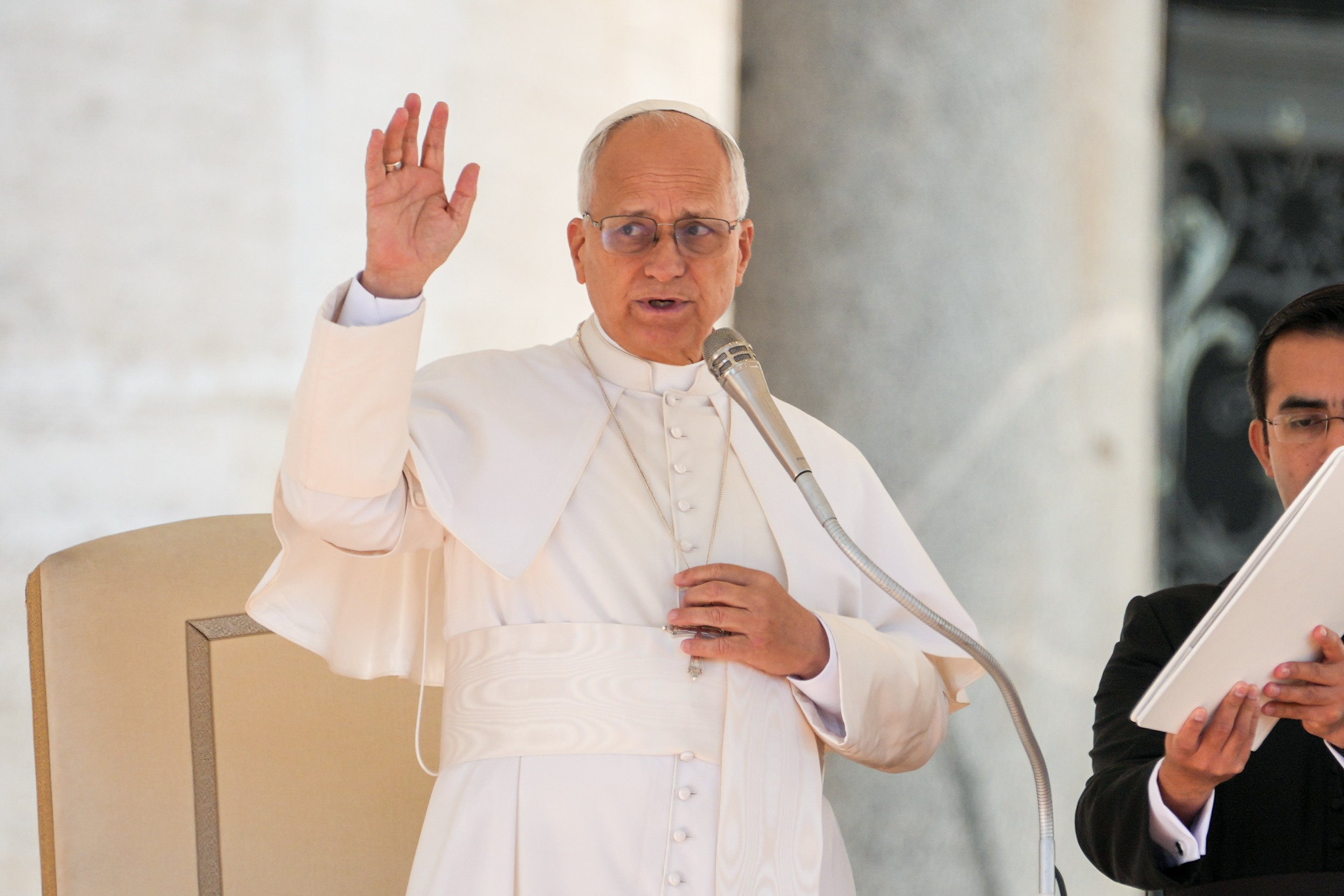April 6, 2018 at 1:53 p.m.
WORD OF FAITH
Christ's body and blood
'The cup of blessing that we bless, is it not a sharing in the blood of Christ? The bread that we break, is it not a sharing in the body of Christ?' - I Corinthians 10:16
Serious students of Scripture quickly learn to abandon their catechism frame of mind and approach our sacred writings from the viewpoint of Tevye, the hero of "Fiddler on the Roof."
Trained from youth to look at the truths of our faith with an "either/or" mindset, it's difficult for many of us to shift to Tevye's oft-repeated "But, on the other hand..." way of looking at things and people.
For that traditional Jewish patriarch and philosopher, there's almost always "another way," another dimension of someone or something that continually surfaces.
In many situations, Scripture doesn't provide us with answers; it provides us with options. Different authors present different theologies. The readings for Sunday's feast of Christ's Body and Blood (Deuteronomy 8:2-3. 14b-16a), for instance, offer us classic examples of "both/and" ways of looking at the Eucharist, instead of the either/or catechism mentality with which we're more familiar and comfortable.
Old-time Catholics feel reassured when we hear John's Jesus (John 6:51-58) proclaim, "My flesh is true food, and my blood is true drink." We're convinced that "whoever eats this bread will live forever." It's the risen Jesus' actual body and blood, made present among us when the priest says those special words "This is my body; this is my blood" over the bread and wine during celebrations of the Lord's Supper.
Jesus is here
Witnessing such an amazing transformation, we're expected to be silent, avoiding all distractions, focusing just on the transubstantiated elements before us. Only Catholics are privy to such an otherworldly event: We were taught that Jesus isn't present in that unique way in the Protestant church down the street, or in the "services" in which its members participate on Sunday mornings. Having Jesus' body always in our tabernacles is one of the perks of being Catholic.
Though it entails certain obligations - genuflections and tipping our hats or bowing our heads when we pass a church, for instance - these are small potatoes compared to the awesome privilege of Jesus actually being in our churches 24/7.
On the other hand, writing at least 35 years before John composed his Gospel, Paul of Tarsus approaches the Eucharist from a completely different direction
(I Corinthians 10:16-17). In the earliest biblical reference to the breaking of bread that we possess, the Apostle directs his Corinthian community to look at "the cup of blessing" and "the bread that we break" as outward signs of our being the blood and body of the risen Christ.
Pursuing unity
He doesn't seem to be concerned, as John is, with comparing Yahweh's feeding the Chosen People in the wilderness to Jesus feeding His followers with His body and blood.
At this point of his first letter to the Corinthians, Paul's simply interested in the unity of that particular church. That's why he makes a comparison that most Catholics don't even know exists: "Because the loaf of bread is one," he writes, "we, though many, are one body, for we all partake of the one loaf."
According to Paul's theology, looking at the consecrated bread and wine should force us to look at ourselves - to see everyone participating in the Eucharist as Christ's body and blood.
I presume one of the reasons we as a Church forgot about Paul's "other hand" was because John's eucharistic theology creates less of a hassle to implement. It's far easier to have the community just zero in on Jesus in the bread and wine than on Jesus in the community.[[In-content Ad]]
SOCIAL MEDIA
OSV NEWS
- Supreme Court declines Kim Davis case seeking to overturn same-sex marriage ruling
- ‘Do you love Jesus more than your political opinion?’: Bishop Tyson says the church faces a test
- Vatican says Swiss Guards investigating alleged antisemitic gesture
- Bishop: Survival of Christian communities in Nigeria depends on security, justice
- Pope asks for extra care when using AI in medicine
- Pope holds long meeting with Belgian abuse survivors
- Delegation of top prelates, lay activists gives Brazil church strong presence at COP30
- Pope offers prayers for the Philippines and for peacemakers
- Dig deep and work patiently to keep church on solid foundation, pope says
- Portland archbishop on ICE: Human dignity comes from God, not government







Comments:
You must login to comment.